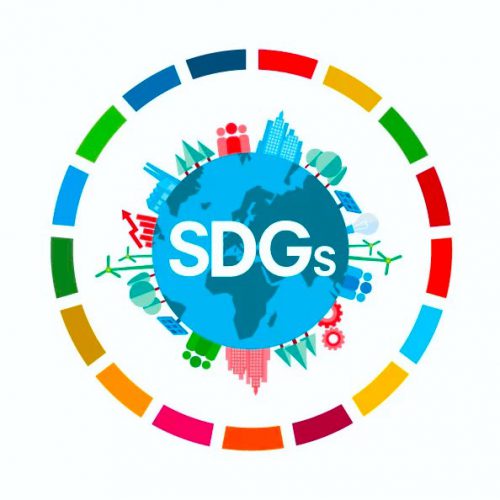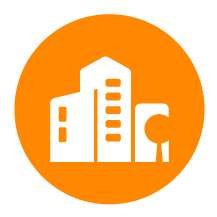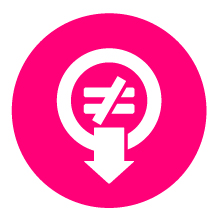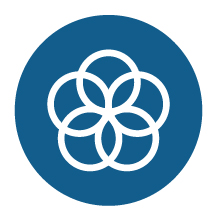
Female Mobility
While women travel less often in totality, they are 30% more likely to use public transport (wagons, buses, coasters), the Orange line, and the Metrobus green line), and 150% more likely to use other modes of transport such as rickshaws or qingqis. To gain an in-depth understanding of the challenges women experience while utilizing public transport in Pakistan, we explore potential solutions to the female mobility problems. By collecting data through surveys, revamping the Punjab Women Safety App, and crowdsourced geospatial data, we have partnered with Urraan: Women in Urban Mobility to adopt a more holistic approach to what might constitute an ideal public transport experience for women.
i. A replicable data collection model using a survey and a crowdsourcing mobility audit app to identify female mobility issues and needs.
ii. A model for user testing of the Punjab Women Safety App (PWSA) to improve user experience by revamping App.
On any given day, women in Pakistan are more likely to stay at home than travel.
Urban Environment and Health

Lead: Sana Riaz

Output:
Data-Collection Model Punjab Safety App Mobility Audit app










